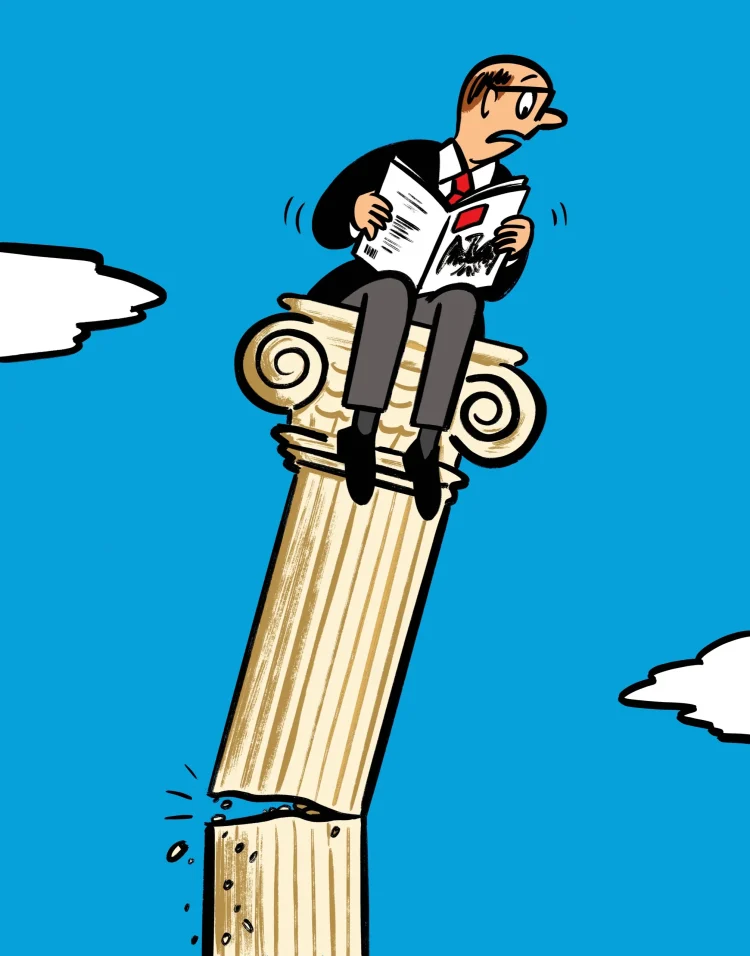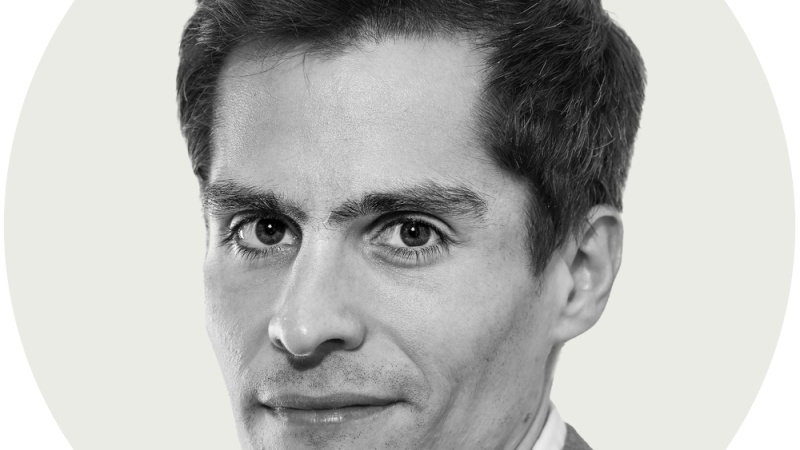Navigating the Spectrum: Understanding Liberals and their Ideals

In the ever-evolving landscape of political ideologies, liberals stand as a significant force shaping the discourse on societal values, governance, and progress. The term “liberal” has taken on various meanings and connotations, making it a nuanced and dynamic category. This article aims to delve into the multifaceted world of liberals, exploring their core principles, historical evolution, and the diversity within the liberal spectrum.
Defining Liberalism:
At its essence, liberalism is a political and social philosophy that champions individual freedoms, equality, and the protection of human rights. Liberals advocate for a government that fosters personal liberties, social justice, and economic opportunities for all citizens. The roots of liberalism can be traced back to the Enlightenment era, where thinkers like John Locke and Jean-Jacques Rousseau laid the groundwork for liberal ideals.
Core Principles of Liberalism:
- Individual Rights: Liberals prioritize the protection of individual rights and freedoms. This includes the right to free speech, freedom of religion, and the right to privacy. The belief in the autonomy and dignity of the individual is a fundamental pillar of liberal thought.
- Equality: Liberals advocate for a society where all individuals are treated with equal respect and have equal opportunities. This extends to gender equality, racial equality, and LGBTQ+ rights. The pursuit of a just and inclusive society is integral to the liberal ethos.
- Rule of Law: Liberals emphasize the importance of a just and accountable legal system. The rule of law ensures that everyone, regardless of their status, is subject to the same legal principles. This principle is essential for preventing abuse of power and maintaining a fair and just society.
- Social Justice: Liberalism is closely associated with the pursuit of social justice. Liberals often champion policies and initiatives aimed at reducing socioeconomic inequalities and ensuring that marginalized groups have equal access to opportunities and resources.
- Secularism: Liberals typically advocate for the separation of church and state, promoting a secular government that does not endorse or favor any particular religion. This ensures a diverse and inclusive society where individuals are free to practice their beliefs without fear of discrimination.
Evolution of Liberalism:
While the core principles of liberalism have remained relatively constant, the application and interpretation of these principles have evolved over time. Classical liberalism, rooted in the ideas of Locke and Adam Smith, focused on limited government intervention in the economy and the protection of individual property rights.
In the 20th century, liberalism underwent a transformation with the emergence of modern liberalism. This form of liberalism embraced a more active role for the government in addressing social and economic inequalities. Figures like Franklin D. Roosevelt and John F. Kennedy championed policies such as the New Deal and the Great Society, aiming to create a social safety net and promote economic justice.
Contemporary Liberalism:
In the 21st century, liberalism continues to adapt to the challenges of a globalized and interconnected world. Issues such as climate change, technological advancements, and the impact of globalization have prompted liberals to address new challenges while upholding their core values.
- Environmental Stewardship: Many liberals today emphasize the importance of environmental conservation and sustainable practices. Climate change mitigation and the transition to renewable energy sources are often key components of liberal policy agendas.
- Technological Ethics: The rapid advancement of technology has raised ethical concerns that liberals are keen to address. Privacy rights, data protection, and the ethical use of emerging technologies are areas where liberals seek to find a balance between innovation and individual rights.
- Global Cooperation: Liberals advocate for international cooperation to address global challenges. Whether it’s addressing pandemics, promoting human rights, or fostering peace, liberals often emphasize the need for collaboration on the global stage.
Diversity within Liberalism:
It is crucial to recognize that liberalism is not a monolithic ideology. Within the liberal spectrum, there are various schools of thought and differing emphases on specific issues. Some liberals may prioritize economic freedoms and free-market capitalism, while others may lean more towards social liberalism, emphasizing social justice and equality.
- Classical Liberals: Classical liberals uphold the principles of limited government, free-market capitalism, and individual liberties. They often argue for minimal state intervention in economic affairs, emphasizing the importance of personal responsibility and self-reliance.
- Social Liberals: Social liberals place a strong emphasis on addressing social inequalities and promoting the welfare of all citizens. They support government intervention in the economy to ensure social safety nets and equal opportunities for education and healthcare.
- Progressive Liberals: Progressive liberals are at the forefront of advocating for social change and pushing the boundaries of traditional norms. They often champion causes such as LGBTQ+ rights, gender equality, and criminal justice reform.
Conclusion:
In the intricate tapestry of political ideologies, liberals occupy a significant space, advocating for individual rights, equality, and social justice. As liberalism continues to evolve in response to contemporary challenges, it remains a dynamic force shaping the way societies envision governance and progress. Understanding the diversity within liberalism is essential for engaging in meaningful dialogue and navigating the complex terrain of political thought.
What is the core philosophy of liberalism? A1: Liberalism is a political and social philosophy that emphasizes individual freedoms, equality, and the protection of human rights. It advocates for a government that ensures personal liberties, social justice, and economic opportunities for all citizens.
How does liberalism differ from conservatism? A2: While both liberalism and conservatism share a commitment to individual freedoms, they differ in their approach to societal progress. Liberals tend to support government intervention to address social and economic inequalities, while conservatives often advocate for limited government and traditional values.
What is the historical origin of liberalism? A3: The roots of liberalism can be traced back to the Enlightenment era, with influential thinkers like John Locke and Jean-Jacques Rousseau laying the groundwork for liberal ideals. The movement gained prominence during the 18th and 19th centuries.
Do all liberals support the same policies? A4: No, liberals do not have uniform policy preferences. There is a spectrum within liberalism, encompassing classical liberals who favor limited government intervention in the economy, social liberals who emphasize social justice, and progressive liberals who push for social change and reform.
How do liberals approach economic issues? A5: The approach to economic issues varies among liberals. While some advocate for free-market capitalism and limited government intervention (classical liberals), others support government involvement to ensure social safety nets and equal economic opportunities (social liberals).
What is the liberal stance on environmental issues? A6: Many liberals emphasize environmental stewardship and sustainable practices. They often support policies aimed at addressing climate change, promoting renewable energy, and ensuring responsible resource management.
How do liberals view international relations? A7: Liberals generally advocate for international cooperation to address global challenges. They support diplomacy, human rights, and collaboration on issues such as climate change, healthcare, and peacekeeping.
Is liberalism the same around the world? A8: While the core principles of liberalism remain consistent, its expression and priorities can vary across different regions. Cultural, historical, and geopolitical factors influence how liberalism is manifested in various countries.
What is the liberal stance on social issues? A9: Liberals, particularly progressive liberals, are often at the forefront of advocating for social change. They support issues such as LGBTQ+ rights, gender equality, racial justice, and criminal justice reform.
How has liberalism evolved over time? A10: Liberalism has evolved from classical liberalism, emphasizing limited government, to modern liberalism, which supports a more active role for the government in addressing social and economic inequalities. In the 21st century, liberals continue to adapt to new challenges such as technological advancements and global issues like climate change.
These FAQs provide a glimpse into the diverse and evolving nature of liberalism, addressing common questions about its principles, historical origins, and contemporary applications.






